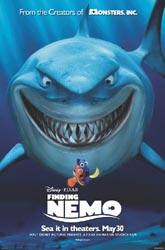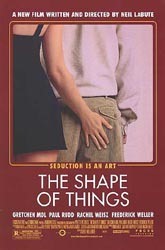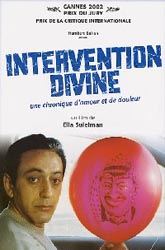 Director: Starring: Release: 28 Mar. 03
|
Assassination Tango BY: DAVID PERRY
“Talking about love is like dancing about architecture.” So, Duvall can, if he wants, make a boring film about tangos that includes some assassinations just so that it might be somewhat accessible to someone other than himself. He has with Assassination Tango, and it is all that one might expect. His love for the tango does come across in the film, but never does the reason. Much of the film is built on snippits of tangos interspersed with conversations about the tango, neither of which are truly filling. What’s more, it comes in at an excessive two hours, which is long time to watch people talk about something that is fairly uninteresting to most people -- just ask the majority of those who watched the 90-minute final episode of Seinfeld. And, worse yet, the assassinations aren’t that much appealing either. I guess that I could have some patience with the film if I felt that it wasn’t so masterbatory in nature, if there had been some semblance of a story latched onto Duvall’s love letter to the tango. But nothing’s there. The assassination story line is essentially built on his character waiting for the planned assassination of an evil Argentine politician, which includes him just sitting in his small dormitory. This could be seen as the time for the character to crystallize his views on the tango, but it serves more as a time for the audience to catch up on lost sleep. Assassination Tango isn’t particularly a film, but more of a treatise; it is to narrative story telling as The O’Reilly Factor is to objective news reporting. It is a documentary in nature but a boring film in realization. Michael Moore has proven that there is a market for sloppy documentaries meant to merely impart the one-sided beliefs and obsessions of the director. And, with the potential of tango authorities waxing poetically in it, there is the possibility of a fruitful outcome that might succeed in gaining exposure to the artistry of the tango for those attending the film simply out of an interest in what Duvall might do with a documentary. Martin Scorsese is certainly one of the last people one would think of as an authority on jazz and yet his documentary on the subject is one of the most popular and exhaustive in size and breadth. Maybe the tango deserves this too (I can’t say with any authority since I’ve never tangoed and was certainly among the critics of the 1998 Oscar nominee The Tango Lesson, a film built on wall-to-wall tangoing for hours) and Duvall could have been the one to do the dance justice. Duvall may have
made this film as a way to get viewers as interested in the tango as he is.
If that is the case, I respectfully report that he has failed: even if the
dialogue exposing his affection for the dance were stronger, most of the
audience is asleep by the second conversation. |
|
| ©2003, David Perry, Cinema-Scene.com, 30 May 2003 | ||





